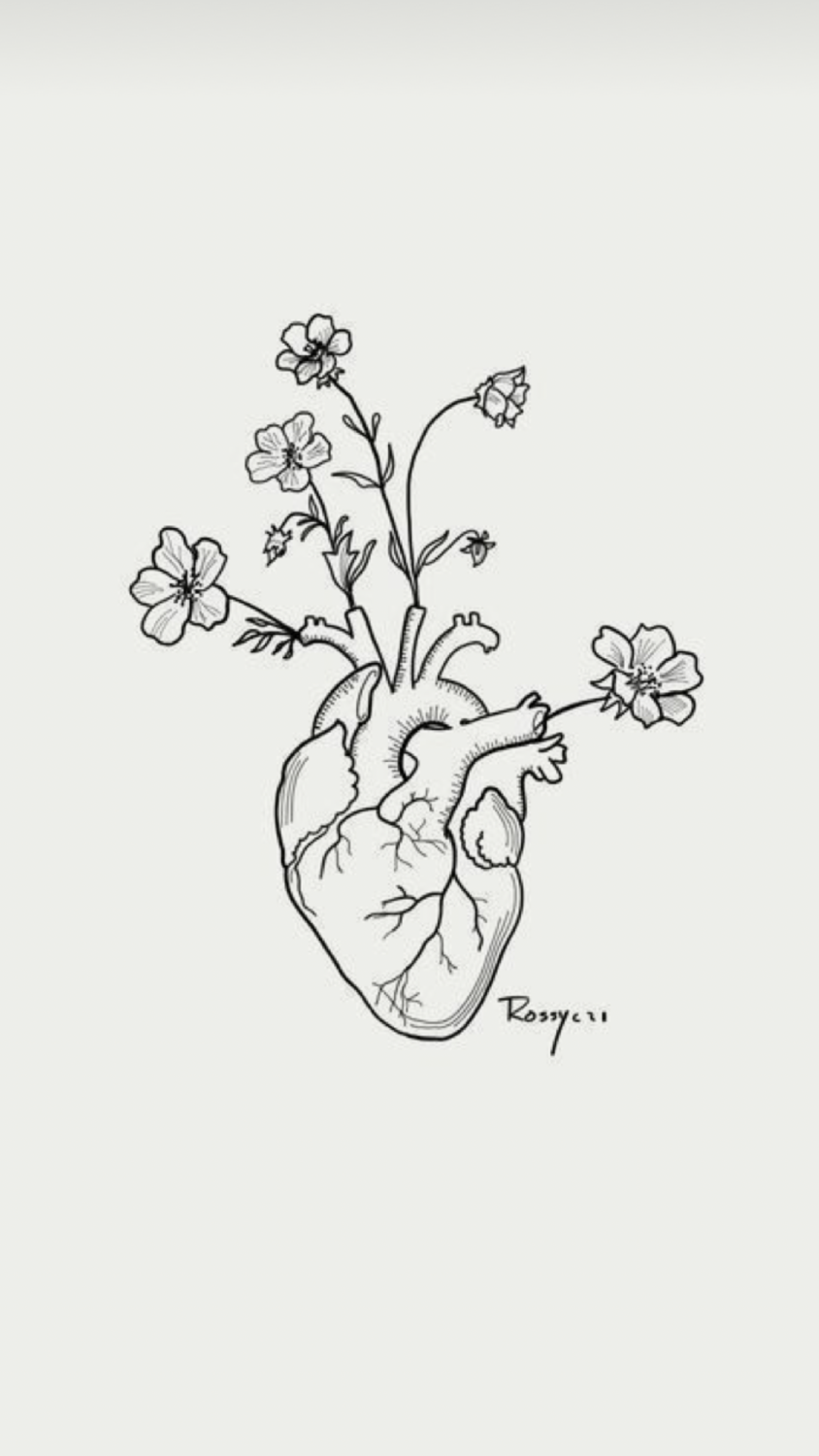Worship
- L. Adams

- Jul 14, 2022
- 4 min read
hullo people. I wrote a poem and a friend wrote their thoughts on it and I will share both.
There is a person who works at a local shop. They have caught my attention. Big, shaggy dark hair, square-ish glasses. They are interesting, but more so the people they work with. The people look as if they produced them out of their thoughts, like Zeus, who sired Athena from his thoughts.
Not that the coffee person is like Zeus(who is promiscuous), but in that likeness of offspring both products of thought. Perhaps Athena was the first real goddess. Worship belongs to what man thinks and then creates. It could be that the gods needed gods to worship as well.
(In which we come to the reason for writing introductions. They introduce the real thoughts, the reasons hiding below the surface.)
Humans have the innate desire to worship something. Perhaps the gods did, too. The need to worship something or someone or themselves. What have we worshipped, and has it been worth it or even deserved it?
That unknown, the dark line of the sea is calling. Take off your pretentious skins and gaudy clothing. Become vulnerable, nothing more than yourself. We are not gods, we do not deserve to be idolized. We are nothing but children playing with toys we do not understand. Go run into the dark line of the sea and lose the thing that is you.
Linda Peachey, 2022
Now for the thoughts. Courtesy of S. H. K.
“What is worship? Is worship just an idealized viewpoint of thinking highly of something or is it deeper. Worship of any kind can be detrimental. But it also can be useful to deepen the knowledge and enormous resources of our mind to expand upon that ideal or idea that we are worshipping. In Ancient Greece as you pointed out, Zeus sired Athena, goddess of wisdom and battle, with his thoughts. So with that, thoughts are just a way we perceive the world. That can become action or in Zeus’ case, a being of power. Zeus wanted more power and more people to worship him, so he thought of way to get it, thus Athena. With Zeus he was self-centered and he worshipped himself so he gave himself more power—Athena and her children to do his bidding—to finish what he perceived of the world, which was, he was all powerful and the Greek should bow down to him. So we established that thoughts are how we perceive the world. We use that to base knowledge of the world and how to act in it and THEN to worship what we THINK is better than us. So in Zeus’ case that was detrimental. How can it be used for good? Like the Christian viewpoint ot religion for that matter. Kind of funny, but the greek religion was then used to accomplish great things such as sculptures and mighty battles. Anyways, when we worship something, someone, we recognize that that particular thing is greater than us, AND we want to reach that ideal. But sometimes we don’t recognize that. Then we go down a dark self-centered path, which as I pointed out, spawns things we don’t want. When we become too self-centered to see that and too focused on ourselves we spawn thoughts of anger, despair, misery, jealousy, ect. Why? Because we are focused on you. So if ‘you lose the thing that is you’, you’re basically sacrificing yourself to the higher ideal. You’re rising up to worship the ideal or God in the Christian aspect; that much greater than you. Also when you are worshipping yourself, you hide in the shadows, or as you put it ‘pretentious skins and gaudy clothing’ , which can be summed up to be darkness, or that which is unclean. Also you’re afraid of the unknown because your mind is dictating what you perceive. That of a cold, barren landscape devoid of empathy, love, and compassion because you’re worshipping you. When you step out into the light, by which I mean worshipping a higher ideal, you burst of the darkness and that horrific landscape into the mental landscape of higher ideals—love and joy. You reach for stars with your hands stretched out wide. You’re on a mountain top of sacrifice and you’re looking out into the valley of despair with a boldness that only comes from worshipping a higher ideal.”
If you got through all that, gold stars for you.
To me the words are merely a look into my own heart. I say I love honesty, yet when I see self inside of me, I shrink and I lie. I dislike vulnerability and honesty is vulnerability. The words of the poem describe the inner workings of my heart quite well and I do not want to throw myself into the dark line of the sea and let go of the thing that is me. Yet here I am, excising myself in exposure.
If it did not make sense to you, don’t worry too much about that. This poem simmered on the stove that is my mind, and when it was done, I served the soup in wine colored bowls with cups of tea. The soup was slightly bitter to me—vulnerability. Maybe you can’t eat the soup/poem. That is not a shame. The soup wasn’t meant for you. You can drink tea and taste the macarons.
Laters.


Comments